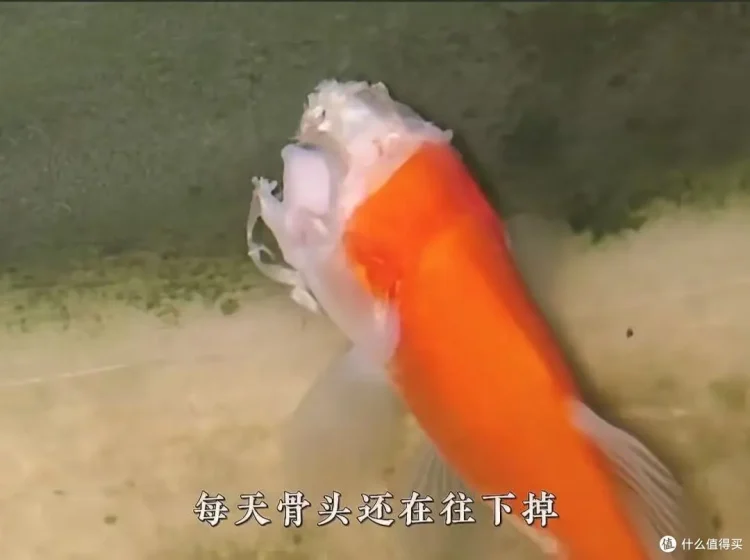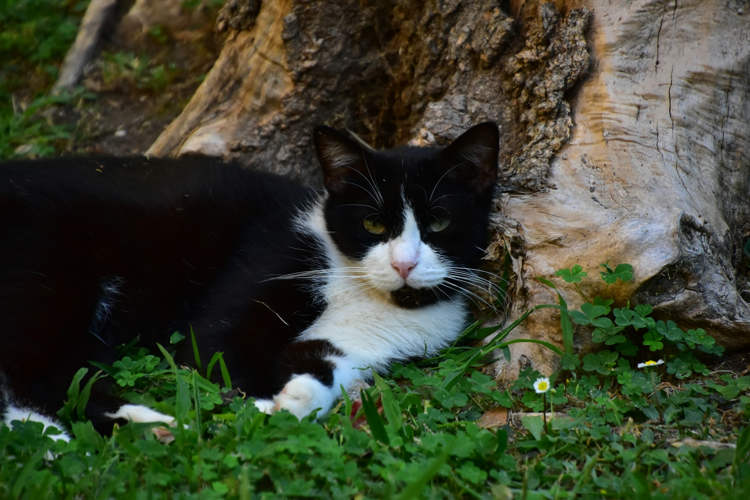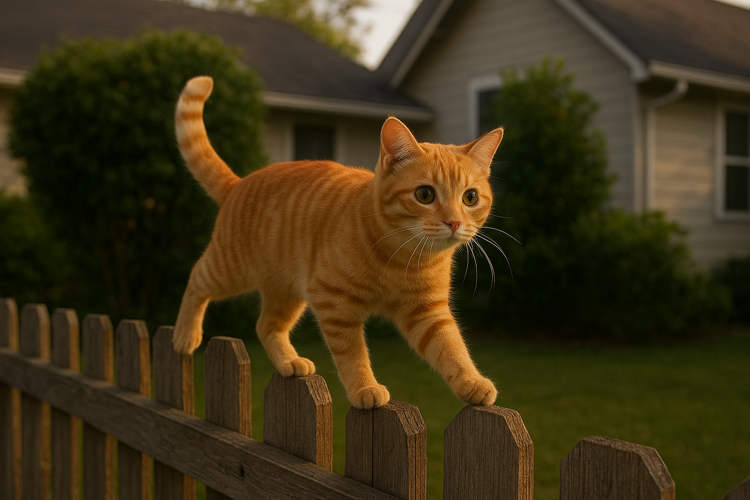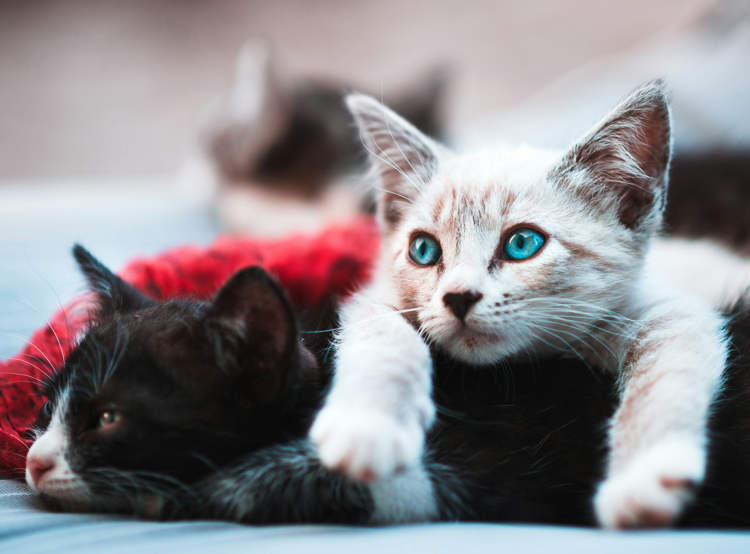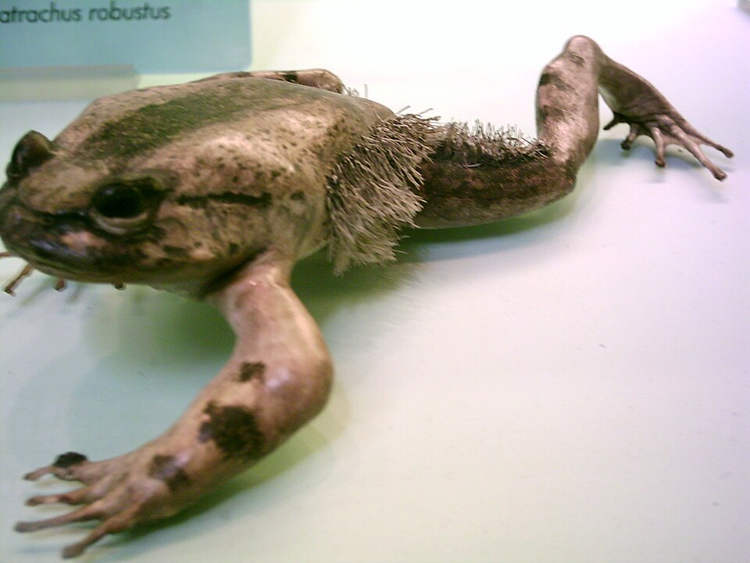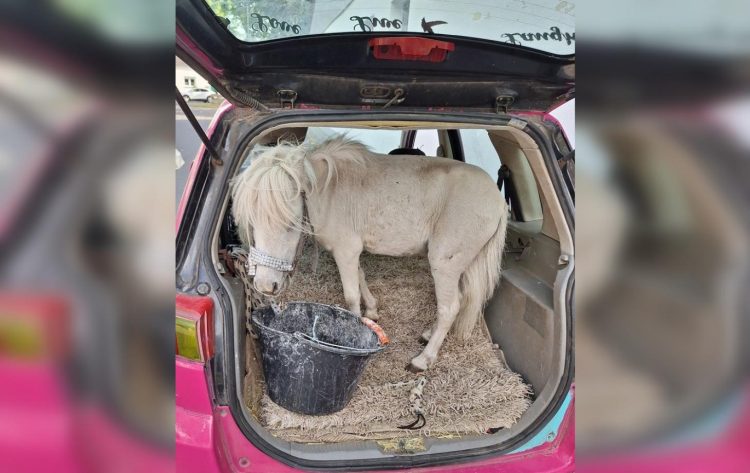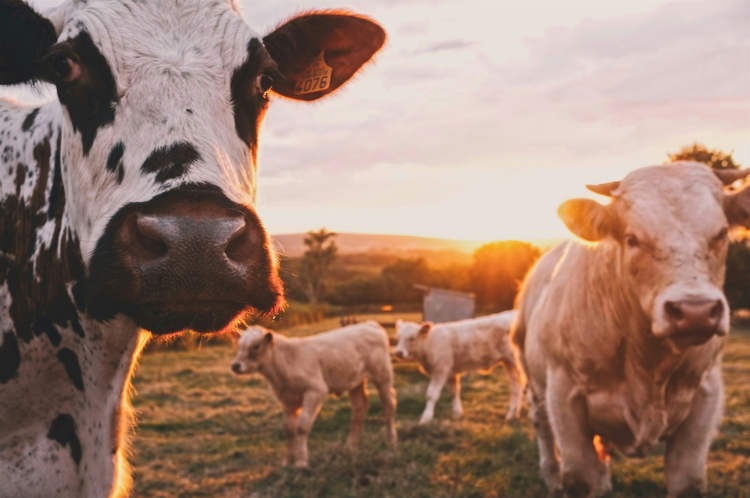Japanese field voles can seriously impact the profits of apple orchard owners, if left unchecked. For centuries, many farmers have relied on owls to keep vole numbers to manageable levels, and research has shown the night predators to be incredibly efficient.
Ural owls have been setting up their nests in orchards with high rodent populations for a very long time, but Japanese apple growers were the first to notice the beneficial effect the winged predators had on their orchards and actively try to use them as a means of natural pest controls. Apart from allowing the owls to set up nests in tree hollows, they also started installing man-made tree houses to encourage owls from settling on their properties. They soon noticed that the owls brought the vole population down significantly, which meant healthier trees and bigger profits.
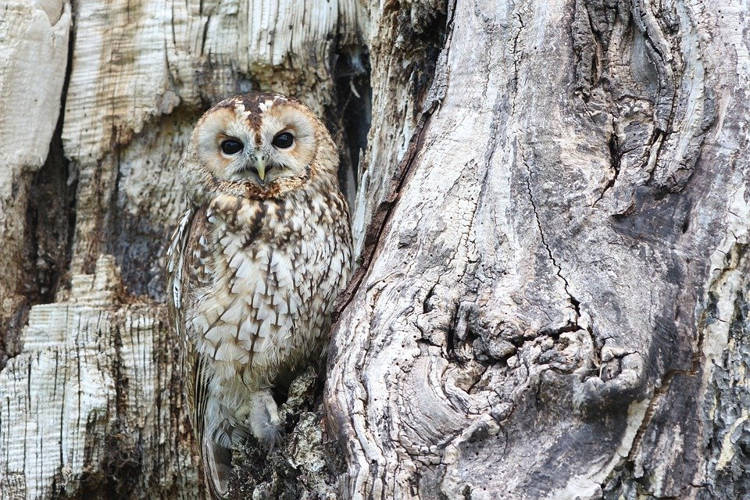
Photo: Kevinsphotos/Pixabay
As you probably know, novelty fruits are big business in Japan, so farmers can’t afford to lose a big part of their production to voles munching on their trees. Using pesticides or other chemical means isn’t always an option, especially on organic farms, so many orchard owners rely on Ural owls (named after the Ural Mountains, in Russia) to keep voles in check.
Even though the use of owls has been a tradition in Japan for many years, the birds’ efficiency as a means of pest control has also been confirmed by modern research. In a 2018 study, a team of Japanese scientists quantified the pest control effects of breeding Ural owls in apple orchards, and found that the nighttime predators reduced vole populations within their estimated breeding territories by 63%, compared with orchards with no owl activity.
“As breeding Ural owls provide significant pest control effects within their breeding territories, the reintroduction of breeding Ural owl pairs within orchards would contribute to rodent pest control,” the study concluded. “Promoting the reproduction of native raptors in agricultural areas can be an option for developing integrated pest management while simultaneously maintaining regional biodiversity.”
A single owl can hunt up to 10 voles per night, and as the birds breed, their effectiveness also grows.
The use of owls is not unique to Japan. In fact, vineyards and orchards in the United States have been using them for decades as well. But owls aren’t the only birds that can replace pesticides. In Thailand, they use large flocks of hungry ducks to clean up rice fields of pests.

